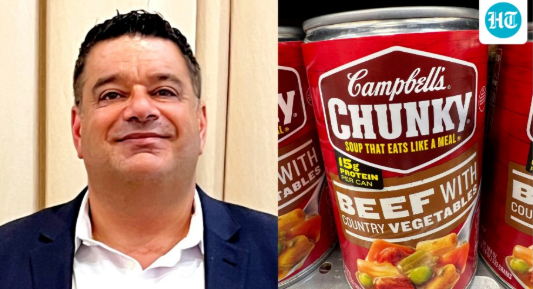On September 4, 2025, Health and Human Services Secretary Robert F. Kennedy Jr. testified before the Senate Finance Committee in a contentious hearing focused on President Donald Trump’s 2026 health care agenda. Kennedy faced intense scrutiny from both Republican and Democratic senators over his controversial vaccine policies and recent leadership shakeup at the Centers for Disease Control and Prevention (CDC), where he fired Director Susan Monarez and prompted several top officials to resign. The hearing, marked by heated exchanges, centered on Kennedy’s efforts to overhaul federal health policies, including restricting access to COVID-19 vaccines and canceling $500 million in mRNA research, actions he defended as necessary to restore public trust in health agencies. The White House praised Kennedy’s stance, signaling strong support from President Trump.
Vaccine Policy Overhaul
Kennedy’s vaccine skepticism drove much of the hearing’s tension, as he defended narrowing COVID-19 vaccine approvals to only adults over 65 or those with specific medical conditions. He argued that the CDC’s past vaccine recommendations were flawed and insisted his changes would protect Americans from a “failed” public health system. Senators, including Republicans like Bill Cassidy, a physician, criticized Kennedy for undermining access to proven vaccines, warning that his policies could jeopardize public health.
Looking to Grow Your Business?
I’m looking to partner with 2 local businesses. We’ll build you a custom marketing system designed to generate high-quality leads on autopilot. If we don’t deliver 30 qualified leads in 30 days, you get your money back.
If you’re ready, submit your details after you watch the full video.
High-Profile Debates
The September 4th hearing quickly escalated into one of the most contentious showcases of Robert F. Kennedy Jr.’s views to date, with multiple senators pressing him on his long-standing vaccine skepticism. Kennedy vigorously defended his vaccine positions, citing a now-retracted CDC study that had suggested Black children faced a 260% higher autism risk from the MMR vaccine—evidence he claimed was deliberately suppressed by federal health authorities. The room grew tense when Senator Angela Alsobrooks directly accused him of spreading rhetoric that endangered public health, while Kennedy shot back that his demands for transparency in vaccine data were rooted in science and accountability, not racial prejudice.
Another flashpoint erupted in a heated back-and-forth with Senator Bernie Sanders over the effectiveness of COVID-19 vaccines. Sanders framed Kennedy’s position as undermining lifesaving public health tools, while Kennedy countered by pointing to VAERS (Vaccine Adverse Event Reporting System) data and arguing that serious risks were being ignored in the public narrative. The hearing also touched on Kennedy’s controversial decision to dismiss CDC Director Susan Monarez, which he defended as necessary for reform, though Senator Thom Tillis criticized the move as reckless and politically motivated.
Big Pharma Influence
While senators such as Bernie Sanders and Elizabeth Warren pressed Kennedy on his vaccine skepticism, critics noted the irony: both have benefited from the very pharmaceutical and health sector contributions Kennedy accuses of corrupting public policy. According to OpenSecrets, Sanders has taken more than $200,000 from pharmaceutical company employees since 2015, while Warren’s campaigns have received nearly $1.2 million from health sector donors, including drug industry contributions. During the hearing, Kennedy withdrew an exaggerated claim that Representative Frank Pallone accepted $2 million from pharmaceutical donors after a point of order—but Pallone’s actual record shows over $1.8 million from health sector PACs and employees since 1990.
These individual figures are part of a much larger pattern. The pharmaceutical and health products industry poured $374 million into federal lobbying in 2022 alone, making it the top-spending industry for more than two decades. Over the last ten years, the sector has spent more than $4.6 billion on lobbying efforts and contributed hundreds of millions to congressional campaigns, ensuring that nearly every senior member of health-related committees receives industry-linked funds. The influence extends beyond donations—over 1,700 registered pharma lobbyists currently work in Washington, amounting to more than three lobbyists for every member of Congress.
You can catch up on the prior development in the RFK coverage here: RFK Jr. Slashes $500M in mRNA Vaccine Research




